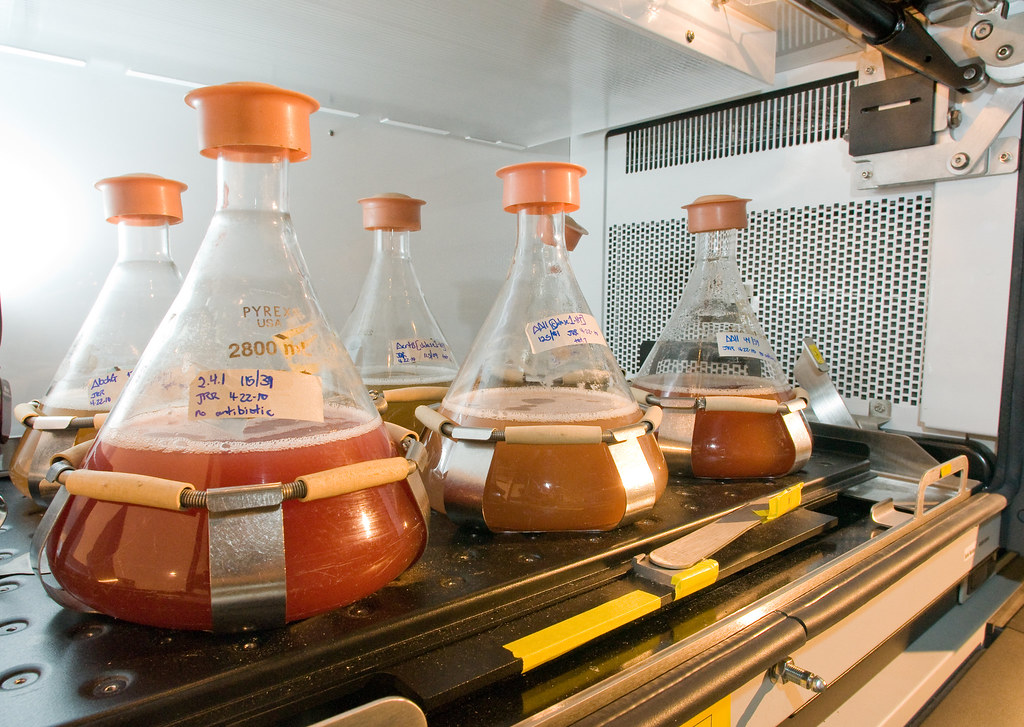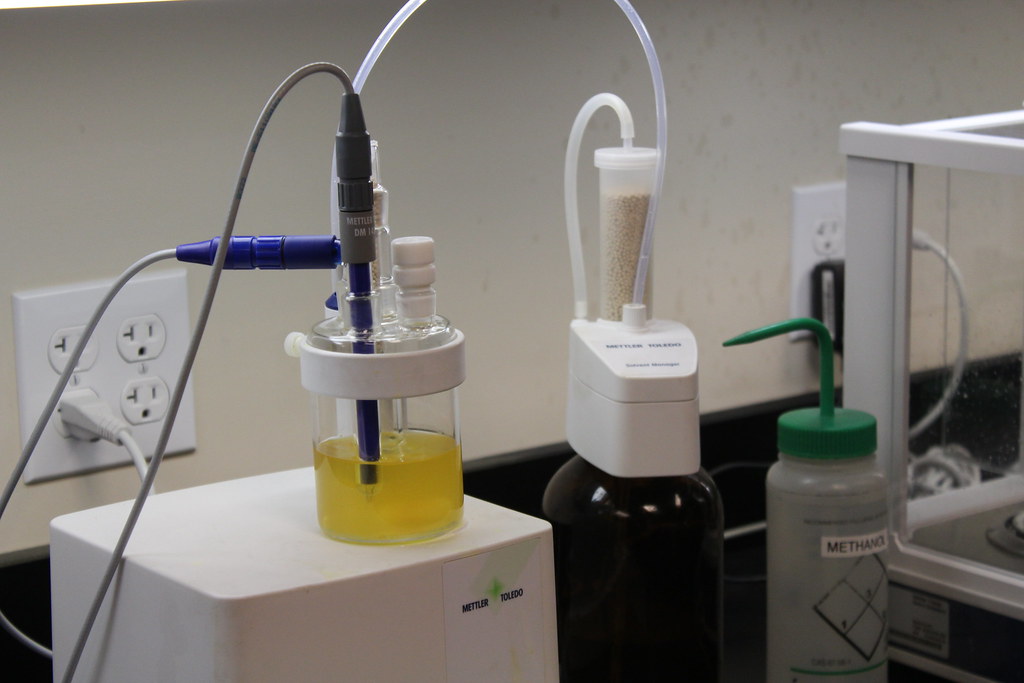The quest for alternative, sustainable energy sources has intensified as the global community confronts the pressing challenges of climate change and diminishing fossil fuel reserves. Biofuels have emerged as a promising solution, offering the potential to meet energy demands while mitigating environmental impacts.
If you’re looking to learn more about biofuels, we explain what they are, the types, renewability, benefits, challenges, and prospects. While it still results in some pollution, it is far less than traditional gas or diesel and is seen as one potential method to make the fossil fuel transition less disruptive.
What Are Biofuels?
Biofuels are liquid fuels derived from renewable biological sources, including plants and algae. Unlike fossil fuels, which are derived from long-buried organic matter, biofuels are sourced from recently harvested biomass, making them a renewable energy option.
The use of biofuels, however, isn’t as widespread as other typical renewables like solar.
Types of Biofuels
Biofuels are primarily categorized into two main types: ethanol and biodiesel, also known as “first-generation biofuels.”
- Ethanol is An alcohol-based fuel produced by fermenting plant materials rich in sugar and starch, such as corn and sugarcane. Ethanol is commonly blended with gasoline to enhance octane levels and reduce emissions.
- Biodiesel is a renewable fuel made from vegetable oils, animal fats, or recycled cooking oils. It can be used in diesel engines, often blended with petroleum diesel, to lower greenhouse gas emissions.

Are Biofuels Renewable?
Yes, biofuels are considered renewable energy sources. They are derived from biomass materials that can be replenished relatively quickly, such as crops, agricultural residues, and organic waste. This contrasts with fossil fuels, which require millions of years to form.
Benefits of Biofuels
The adoption of biofuels presents several advantages:
- Reduced Greenhouse Gas Emissions: Biofuels have a substantially lower environmental footprint than fossil fuels. They help reduce air pollutants, improve air quality, and reduce carbon emissions. However, responsible production practices are essential to avoid negative impacts such as habitat destruction and excessive water usage.
- Energy Security: Utilizing locally produced biofuels can reduce dependence on imported oil, enhancing national energy security.
- Economic Growth: The biofuel industry can stimulate economic development by creating agricultural, manufacturing, and distribution jobs.
Despite their benefits, biofuels face several challenges:
- Food vs. Fuel Debate: The use of food crops for biofuel production has raised concerns about food security and prices.
- Land Use and Deforestation: Expanding biofuel crop cultivation can lead to deforestation and habitat loss, undermining environmental benefits.
- Water Consumption: Biofuel production can be water-intensive, potentially straining water resources in certain regions.

Recent Developments and Use of Biofuels
The biofuel industry is continually evolving, with recent developments highlighting both progress and challenges:
- Sustainable Aviation Fuel (SAF) in Asia: Asia’s capacity to produce SAF will surpass regional demand by 2025, leading to increased exports and potential price reductions. However, limited policy mandates and higher costs than conventional jet fuel have subdued demand for aviation biofuels.
- North American Biofuels Sector Contraction: Fuel companies reduce production in the U.S. and Canada due to policy uncertainties and trade issues. This contraction threatens rural economies and efforts to reduce carbon emissions.
- Corporate Investments in Biofuels: Companies like Rio Tinto invest in biofuel projects, such as cultivating Pongamia seed oil in North Queensland, as renewable diesel alternatives to reduce emissions.
Advancements in technology and policy support are crucial for the future of biofuels:
- Second-Generation Biofuels: Research focuses on producing biofuels from non-food biomass, such as agricultural residues and algae, to address food security concerns.
- Policy Incentives: Government policies, including subsidies and mandates, promote biofuel adoption and investment.
- Technological Innovations: Developing more efficient production methods can reduce costs and environmental impacts, making biofuels more competitive with fossil fuels.
The transportation sector is one of the largest energy consumers, and biofuels can significantly reduce its carbon footprint. Countries worldwide increasingly incorporate biofuels into their transportation strategies, with initiatives promoting ethanol-blended gasoline and biodiesel-powered vehicles.
Governments play a crucial role in supporting biofuel industries through policies like subsidies, mandates, and incentives. Strong governmental support is vital in advancing research, driving innovation, and increasing biofuel market competitiveness.

Biofuels Play a Part in a Sustainable Future
Biofuels represent a viable and renewable energy source that can contribute to a sustainable future. While challenges exist, ongoing research, technological advancements, and supportive policies can enhance their viability and integration into the global energy landscape. By understanding and addressing these challenges, biofuels can play a pivotal role in reducing greenhouse gas emissions and promoting energy security.
For green living tips to your inbox once a week and more exclusive content, subscribe today.





